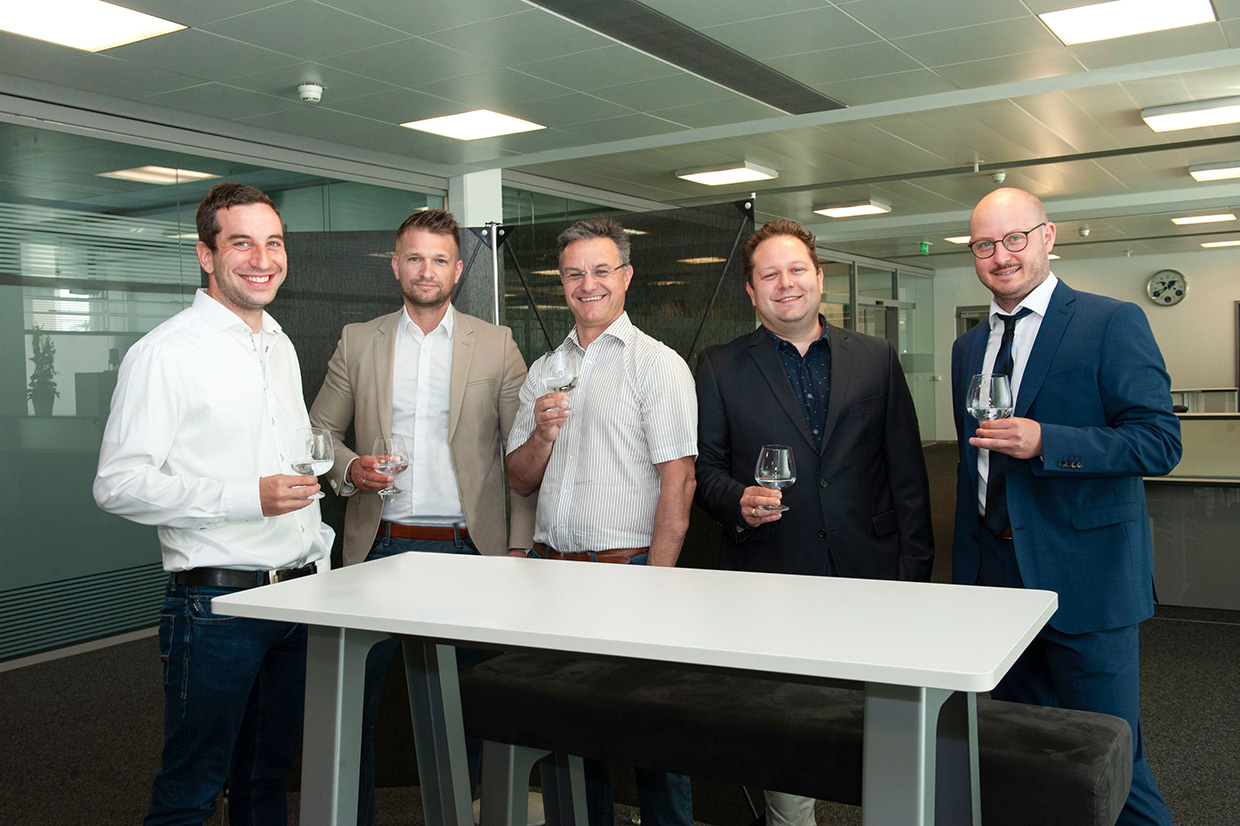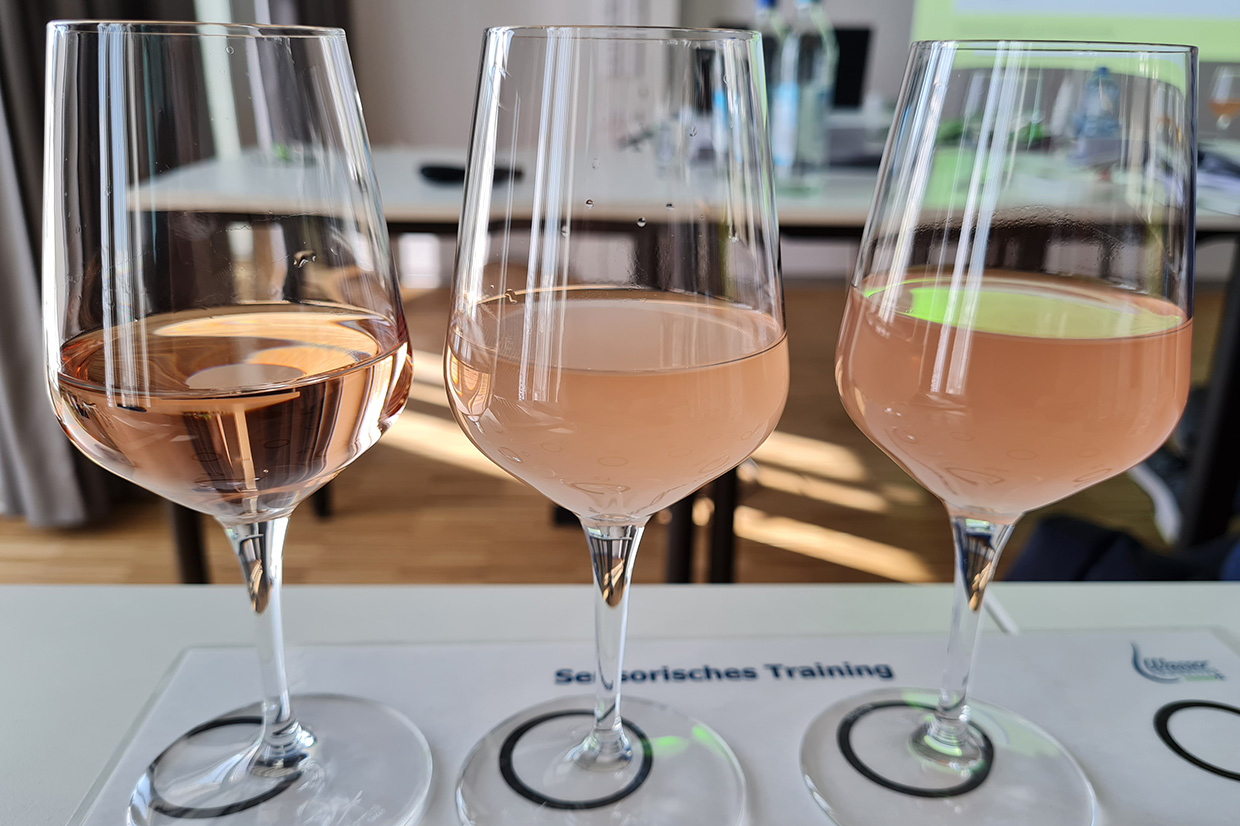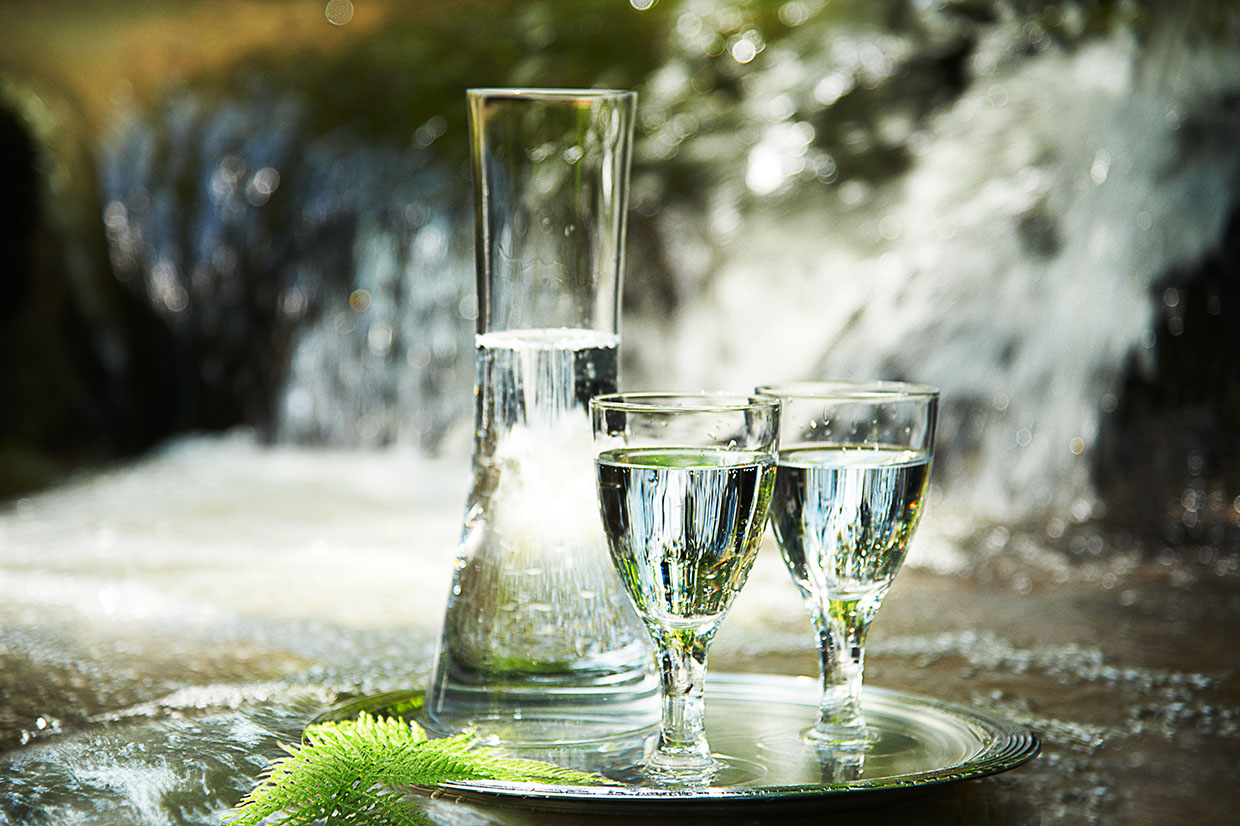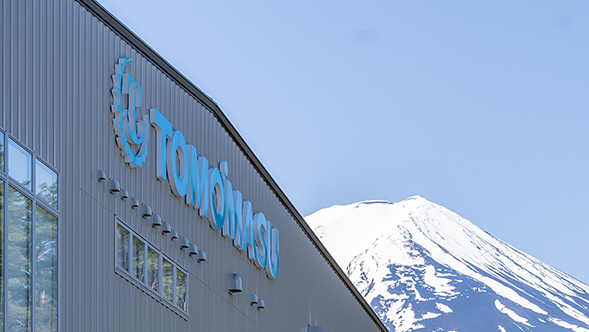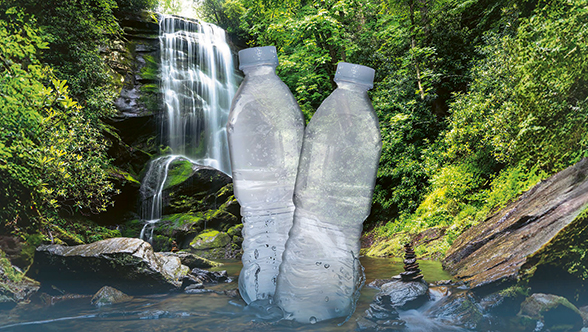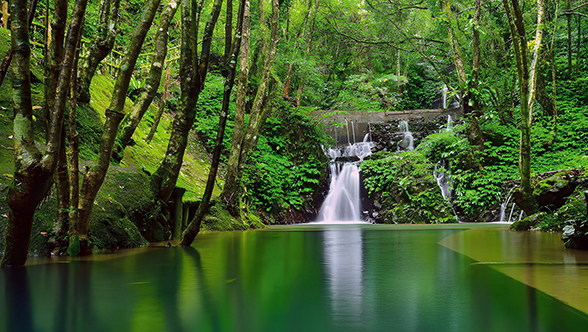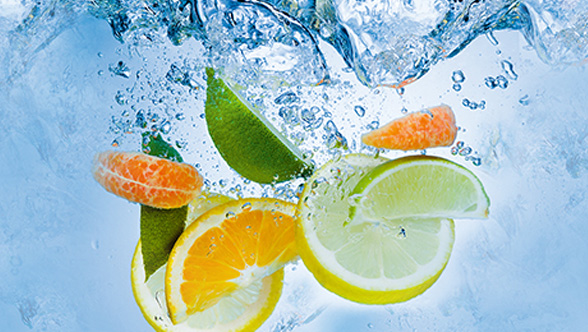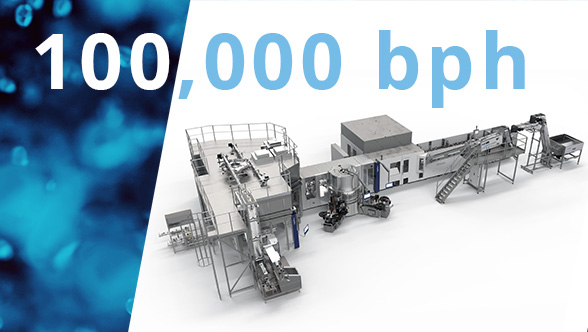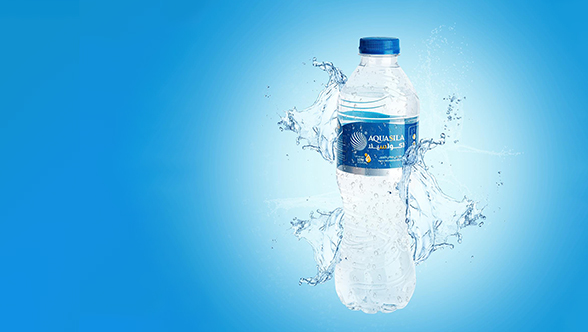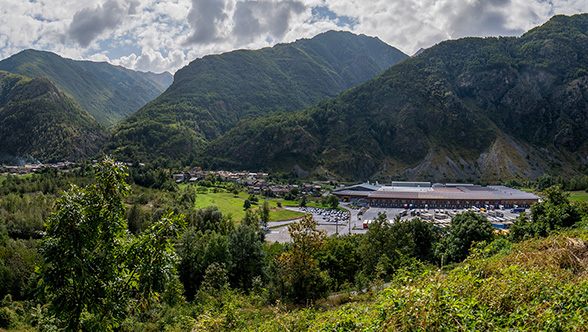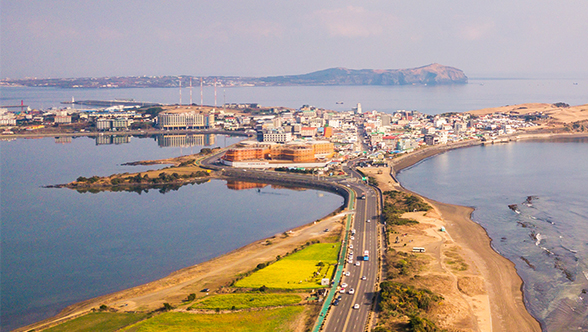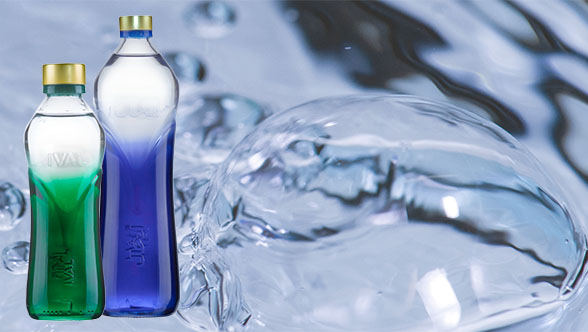Beer, wine, whisk(e)y – tastings have become quite popular for alcoholic beverages. But have you ever taken part in a water tasting? Almost certainly not, because most people pay little or no attention to the mineral water they are drinking.
However, we’re actually doing water an injustice because it does in fact have many facets: “Its taste changes depending on its mineral composition. A lot of calcium gives you a furred tongue, magnesium tastes sweetish in weak concentrations but bitter in high concentrations, and the trace element silicate makes for a full-bodied taste experience,” explains Jörg Berger, who is in charge of the sales team for water treatment systems. And he knows exactly what he’s talking about because the graduate chemical engineer, in addition to the usual tasks entailed by his job, also functions as a water sommelier. He is one of five working for Krones who completed his training at the Doemens Academy in March 2022 together with his two sales colleagues Martin Rominger and Maximilian Keil, and with Florian Köglmeier from Process Technology and Maximilian Frammelsberger from KIC Krones.
